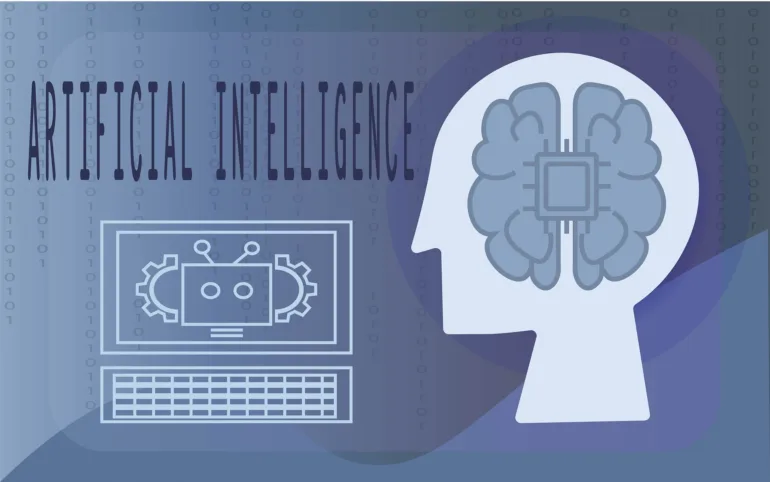TL;DR:
- Michael I. Jordan, a distinguished professor at UC Berkeley, is a renowned expert in machine learning.
- He believes that AI has been overhyped and that there needs to be more emphasis on developing machine learning systems that are functional, deliver value, and don’t contribute to inequality.
- Jordan has written an article called ‘Artificial Intelligence: The Revolution Hasn’t Happened Yet’ which emphasizes the need for caution in the development of AI.
- He makes a distinction between AI and machine learning and argues that most of what is referred to as AI is machine learning.
- Jordan highlights the need for the AI sector to focus on building practical, planet-wide machine learning-based systems that can deliver benefits without perpetuating inequality.
- He also urges the technology industry to be mindful of the risks of developing societal-scale systems and to prioritize human happiness.
- Jordan emphasizes the importance of avoiding serious conceptual flaws and distinguishing between AI and machine learning.
Main AI News:
A leading figure in machine learning has made a compelling case that the technology is best suited to enhancing human intelligence, and has expressed concern about the confusion surrounding artificial intelligence (AI).
Michael I. Jordan, a distinguished professor at the University of California, Berkeley, and a renowned expert in electrical engineering and computer science, emphasized to the IEEE that while the concept of AI in science fiction is entertaining, it can also be a source of distraction.
Jordan stated that there hadn’t been enough emphasis on the real issue, which is developing large-scale machine learning-based systems that are functional, deliver value to people, and do not contribute to inequalities. Jordan’s views are expressed in an article by Kathy Pretz published in IEEE Spectrum.
The Revolution Hasn’t Happened Yet.’ It was first published in July 2019 but was recently updated. In the article, Jordan credited various contributors, including Jeff Bezos, and called for caution.
Jordan’s perspectives highlight the need for the AI sector to focus on building practical, planet-wide machine learning-based systems that can deliver significant benefits to humanity without perpetuating inequality. His insights are particularly pertinent given his expertise and accomplishments in the field of machine learning.
The development of societal-scale systems involving humans, machines, and the environment is proceeding at a rapid pace. However, as with early buildings and bridges, the risk of unforeseen and tragic consequences due to serious conceptual flaws is a significant concern. This is according to an article by Michael I. Jordan, a respected professor in electrical engineering and computer science, and statistics, at the University of California, Berkeley.
Jordan makes a clear distinction between AI and machine learning. The 2019 article emphasizes that most of what is commonly referred to as AI, particularly in the public domain, is, in reality machine learning. This confusion has led to discussions regarding technological trends where people assume that computers possess intelligent thought that is responsible for progress and competing with humans. Jordan argues that this is not the case.
According to Pretz, who wrote the IEEE Spectrum article, technology developers should not overlook the need for human happiness. Jordan explains that this is a semantic shift between concepts such as social science and social engineering.
“For all of the wonderful things science has done for the human species, it is engineering – civil, electrical, chemical, and other engineering fields – that has most directly and profoundly increased human happiness,” he states.
Jordan urges the technology industry to be mindful of the risks inherent in developing societal-scale systems and to avoid severe conceptual flaws. Furthermore, he highlights the importance of distinguishing between AI and machine learning and prioritizing human happiness during technological development.
Conlcusion:
As a business analytics professional, it is clear that Michael I. Jordan’s insights are critical for the AI industry to consider when developing large-scale machine learning-based systems. There is a need to focus on building practical, planet-wide systems that deliver significant benefits to humanity without perpetuating inequality.
It is also essential to distinguish between AI and machine learning and to prioritize human happiness during technological development. The risks of severe conceptual flaws in developing societal-scale systems cannot be overlooked, and it is crucial to avoid them. These insights provide valuable guidance for businesses and organizations in the AI sector.

